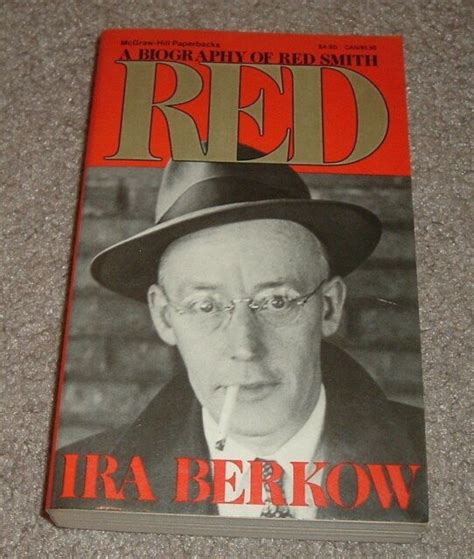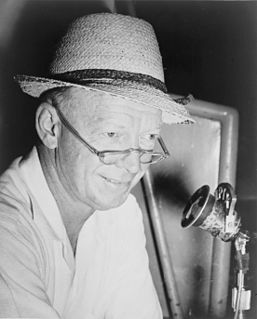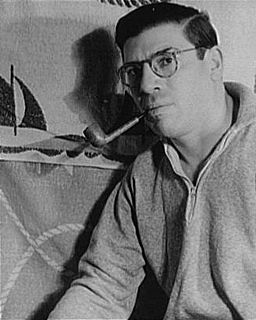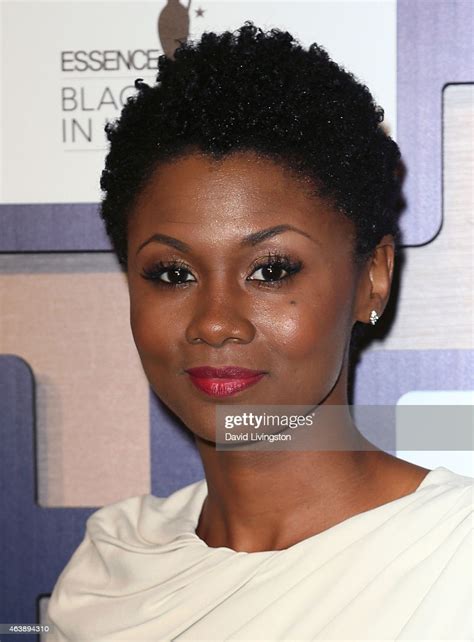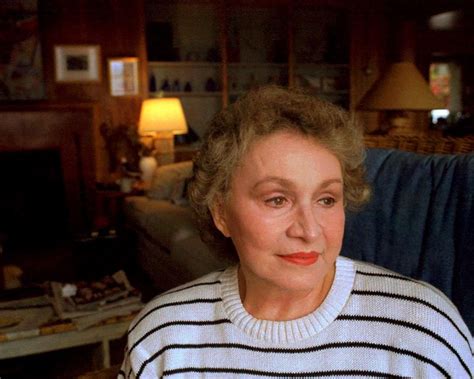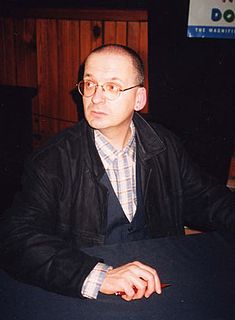A Quote by Derrick Jensen
Writing is really very easy. Tap a vein and bleed onto the page. Everything else is just technical.
Related Quotes
It is only when you open your veins and bleed onto the page a little that you establish contact with your reader. If you do not believe in the characters or the story you are doing at that moment with all your mind, strength, and will, if you don't feel joy and excitement while writing it, then you're wasting good white paper, even if it sells, because there are other ways in which a writer can bring in the rent money besides writing bad or phony stories.
I grew up watching Gregory Hines banging out rhythms like drum beats, and Jimmy Slyde dancing these melodies, you know, bop-bah-be-do-bap, not just tap-tap-tap. Everyone else was dancing in monotone, but I could hear the hoofers in stereo, and they influenced me to have this musical approach towards tap.
There's a great temptation to throw things in, as you put it, that you think are neat, or that you have a very clear, specific memory of and think you could do a good job writing about. What I find is that it's like a seed you plant. You can try it, and if it will grow and connect with other ideas in the book, and you can see connections that you can actually realize on the page, then you're allowed to leave it in. But if it just kind of lies there and doesn't really add up to anything or there's no chemistry with everything else going on in the book, then you have to take it out.
When you're writing TV or movies your vernacular is time, it's all based on rhythms, a character takes a beat or two characters have a moment, like everything is about time. And when you're writing a comic, everything is about space. It's how many panels to put on a page, when should you do a full page splash, what is the detail that you see in any particular image.

